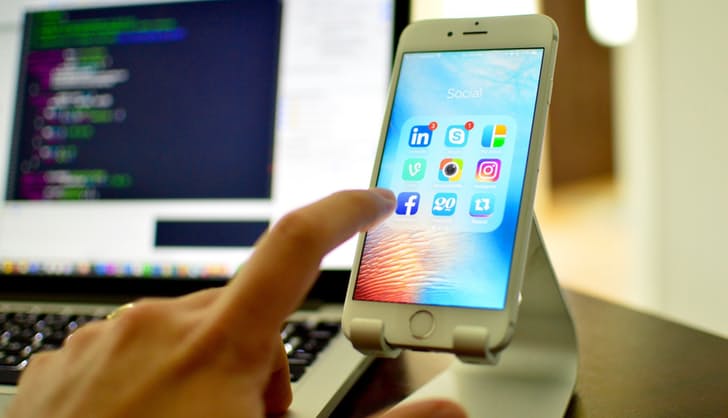Your cell phone is a necessity, which is why you never balk at shelling out big bucks to cover the bill. Still, a few of small tweaks can go a long way when it comes to reducing the total cost.

ALWAYS (ALWAYS) LOG ONTO WI-FI
Whether you’re at the office or your nail salon, using Wi-Fi can significantly offset costly data overage bills. Here’s why: Wi-Fi doesn’t count against your data plan, which means sending photo texts or making FaceTime calls is free as long as you’re logged in. In fact, most places—say, businesses and conferences—will even post the network and password so you know it’s available for use. (If not, it never hurts to ask.)

MAKE PHONE CALLS USING YOUR COMPUTER
If your cell phone plan comes with limited minutes, use your laptop to make phone calls for free thanks to programs like Skype and Gmail. (Yep, you can use the email service to make calls as long as you’re using the new Google Hangouts feature.) In some cases—like Skype—the person you’re calling also has to have an account, but it’s worth it if it means reducing your monthly cell phone costs.

TAKE ADVANTAGE OF FREE TEXTING APPS
Same deal as phone calls: If your smartphone plan limits the number of texts you can send per month and charges hefty fees for going over, download a free texting app (What’s App works seamlessly on both iPhone and Androids) and chat back and forth with friends—photos included—for free.

TURN OFF AUTOMATIC DOWNLOADS
You might not realize it, but your phone could be putting a serious dent in your data allowance simply by regularly updating your apps in the background. For iPhone users, there’s an easy way to prevent this from happening: Just open Settings and tap iTunes & App Stores, then go to Use Cellular Data and toggle the switch to Off. You can still update your apps when you’re back on Wi-Fi, but this way you’ll never use precious data to do it.

SAY NO TO PRICEY CELL PHONE CONTRACTS
Last resort: It depends on your cell phone needs, but if you know you really only need an in-case-of-emergency phone, all the major cell phone providers (like Verizon) offer no-contract prepaid plans that cost significantly less per month than committing to a two-year contract. Sure, you have to cough up cash to cover the full price of the phone, but payment plans for devices are available. Plus, not being locked into an expensive provider means you can comparison shop for deals whenever you want.







